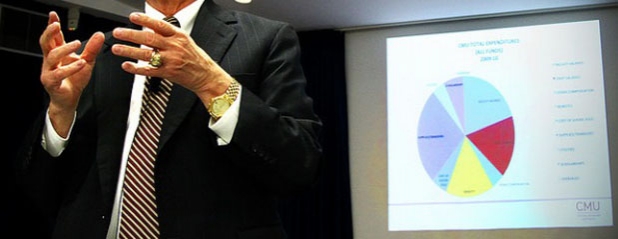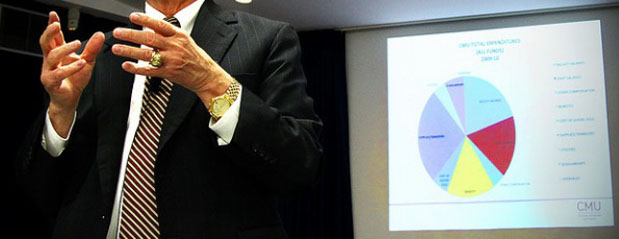Strong and Effective Leadership

Strong leadership can transform mediocre business performance into sustainable growth and profitability.
An absence leads to decline and a disenfranchised workforce. It takes courage and a strong understanding of people to lead effectively. It also demands that leaders have vision and clarity of thought. Indecision and a failure to act when challenges are presented is a sign of weakness.
The visionary leader has an abundance of personality. He or she possesses a hunger for creative thinking and encourages it in their people. Staff are best described as ‘the engine of the business’, and a growing, vibrant business can only succeed when people and ideas work in synergy.
Successful leaders are never remote from their staff. They devote quality time to their people, infiltrating the very hearts and minds of those who can help them deliver tomorrow’s success story.
The following are fundamental to success.
- Lead from the front
- Take time to employ the right people
- Indulge training budgets
- Delegate not abdicate responsibility
- Reward good performance
- Inject a sense of pride and fun into the organisation
We can never guarantee to employ the right people, but interviewing in a structured way will reduce the incidence of error. It is worth remembering the adage ‘Hire slow and fire fast’. The reverse often applies.
Leaders are not born. They may possess the personal characteristics to inspire, but those ‘born traits’ need to be matched with intense coaching and a willingness to test leadership theories even if they fail over and over again.
We have to fail to learn. Managers who fear failure never reach peak performance. The two things that hold all of us back in life are the fear of failure, and the fear of rejection.
Effective leaders will observe individuals at work and get to know aspects of their personal lives that are important to them. They will praise them publicly for good work. They will encourage people to share their skills with others to ensure continuity of good practice.
How well are you doing?




